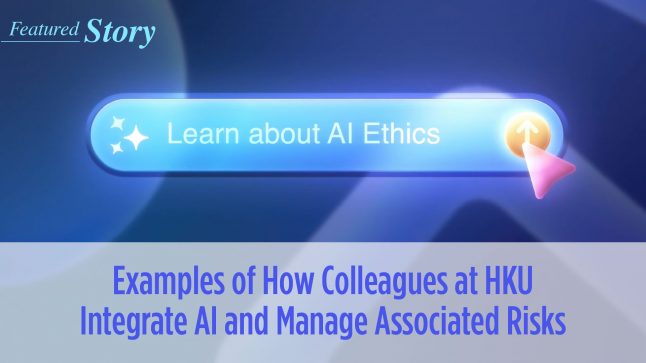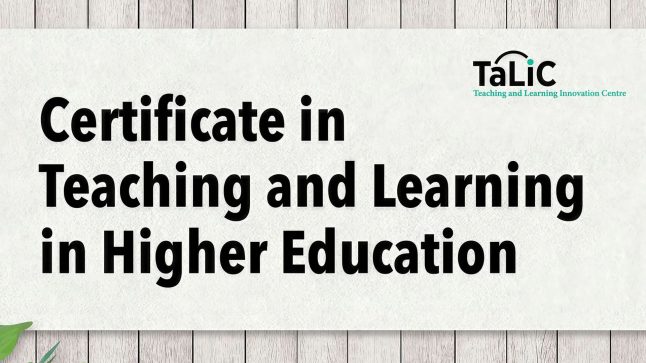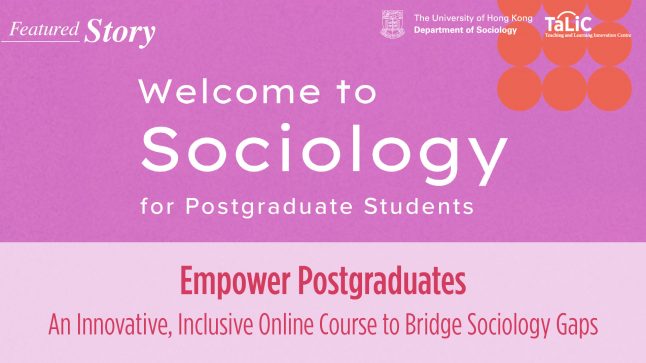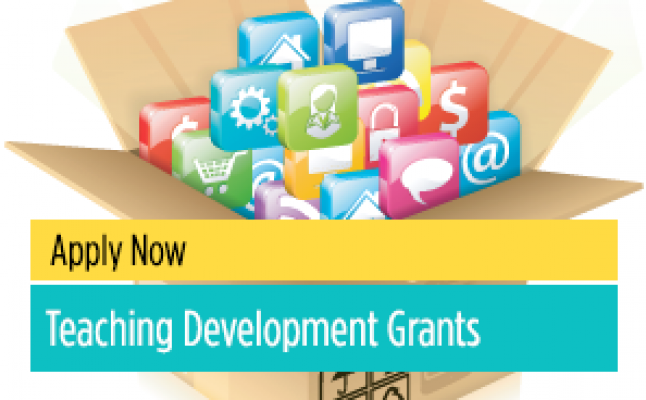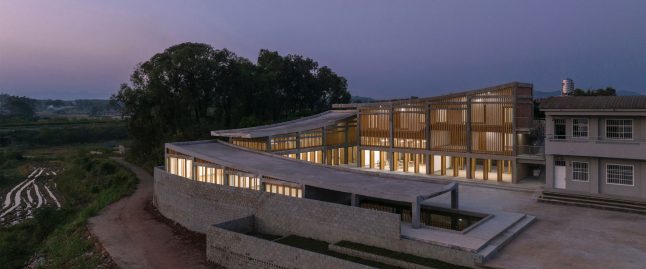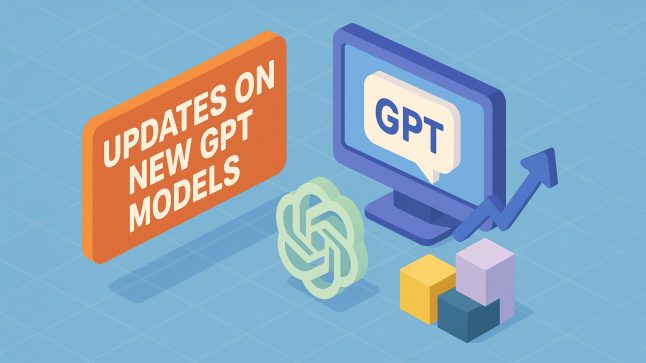Co-organized by
Steering Committee of 4-Year Undergraduate Curriculum and Centre for the Advancement of University Teaching (CAUT)

| Speaker | Professor Harry Lewis Gordon McKay Professor of Computer Science School of Engineering and Applied Sciences Harvard University |
|---|---|
| Date | 14 May, 2009 (Thu) |
| Time | 11:30am – 12:30pm |
| Venue | LG-06, Hui Oi Chow Science Building, The University of Hong Kong |
Abstract
 A central challenge in teaching science to non-science students is deciding what to count as success. Set the bar too low and success is achievable but unsatisfying to the teacher; set it too high and success is frustrating to all concerned; set it at the right level but in the wrong place and students may succeed but wind up both unsatisfied and frustrated. Most teaching in this genre aims at one or more of three goals: aesthetic (e.g. so students understand Newton’s Laws as a human intellectual creation like a great work of literature), or trust-building (e.g. so students understand that medical research can be expected to produce useful results in the future as it has in the past), or pragmatic (e.g. so students can make rational choices about installing solar panels). The speaker will argue for another justification: to enable students to fulfill their civic responsibilities, by understanding the moral and ethical implications of advances in science and engineering. A decision to pursue that goal has consequences: it biases the subjects taught toward applied science, and forces the teacher to grapple with normative and moral issues in which most scientists have no professional training. He will draw on teaching going on at Harvard to illustrate his argument.
A central challenge in teaching science to non-science students is deciding what to count as success. Set the bar too low and success is achievable but unsatisfying to the teacher; set it too high and success is frustrating to all concerned; set it at the right level but in the wrong place and students may succeed but wind up both unsatisfied and frustrated. Most teaching in this genre aims at one or more of three goals: aesthetic (e.g. so students understand Newton’s Laws as a human intellectual creation like a great work of literature), or trust-building (e.g. so students understand that medical research can be expected to produce useful results in the future as it has in the past), or pragmatic (e.g. so students can make rational choices about installing solar panels). The speaker will argue for another justification: to enable students to fulfill their civic responsibilities, by understanding the moral and ethical implications of advances in science and engineering. A decision to pursue that goal has consequences: it biases the subjects taught toward applied science, and forces the teacher to grapple with normative and moral issues in which most scientists have no professional training. He will draw on teaching going on at Harvard to illustrate his argument.
About the Speaker
 Harry Lewis is Gordon McKay Professor of Computer Science in the School of Engineering and Applied Sciences of Harvard University. His undergraduate and PhD degrees are from Harvard, and he has taught there since 1974. He is the senior member of the Undergraduate Admissions Committee, and from 1995 to 2003 he served as Dean of Harvard College. In addition to his special field of theoretical computer science, he also teaches an innovative general education course about principles of digital information technology and the societal dilemmas it is creating. His recent writings include two acclaimed books, Excellence Without a Soul: Does Liberal Education Have a Future?, which has been translated into Chinese, and Blown to Bits: Your Life, Liberty, and Happiness After the Digital Explosion.
Harry Lewis is Gordon McKay Professor of Computer Science in the School of Engineering and Applied Sciences of Harvard University. His undergraduate and PhD degrees are from Harvard, and he has taught there since 1974. He is the senior member of the Undergraduate Admissions Committee, and from 1995 to 2003 he served as Dean of Harvard College. In addition to his special field of theoretical computer science, he also teaches an innovative general education course about principles of digital information technology and the societal dilemmas it is creating. His recent writings include two acclaimed books, Excellence Without a Soul: Does Liberal Education Have a Future?, which has been translated into Chinese, and Blown to Bits: Your Life, Liberty, and Happiness After the Digital Explosion.

